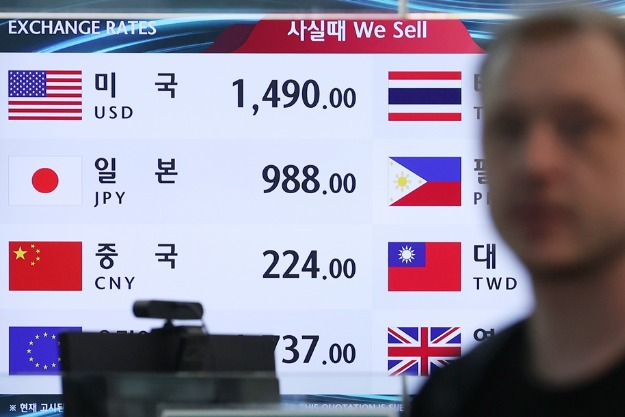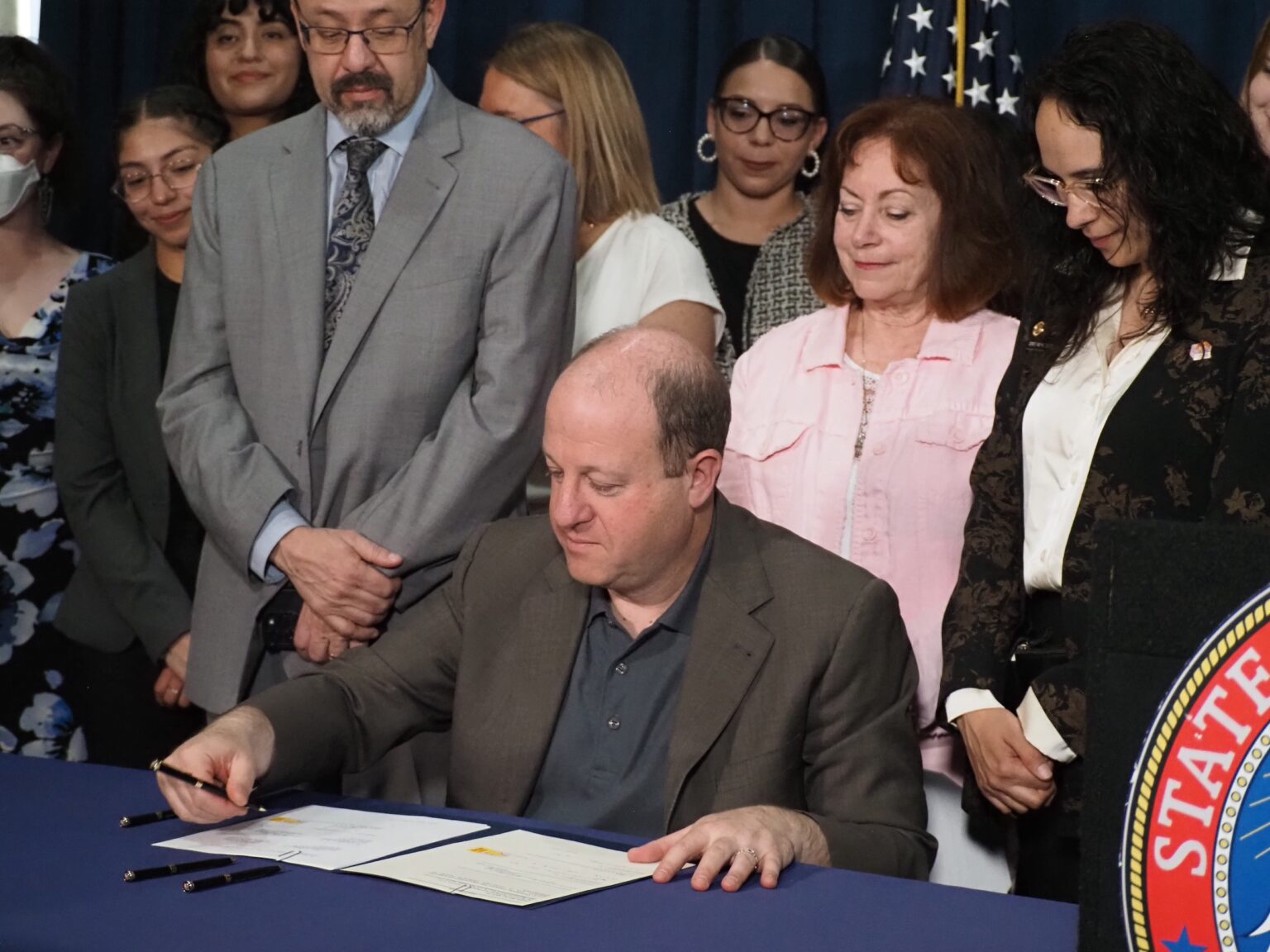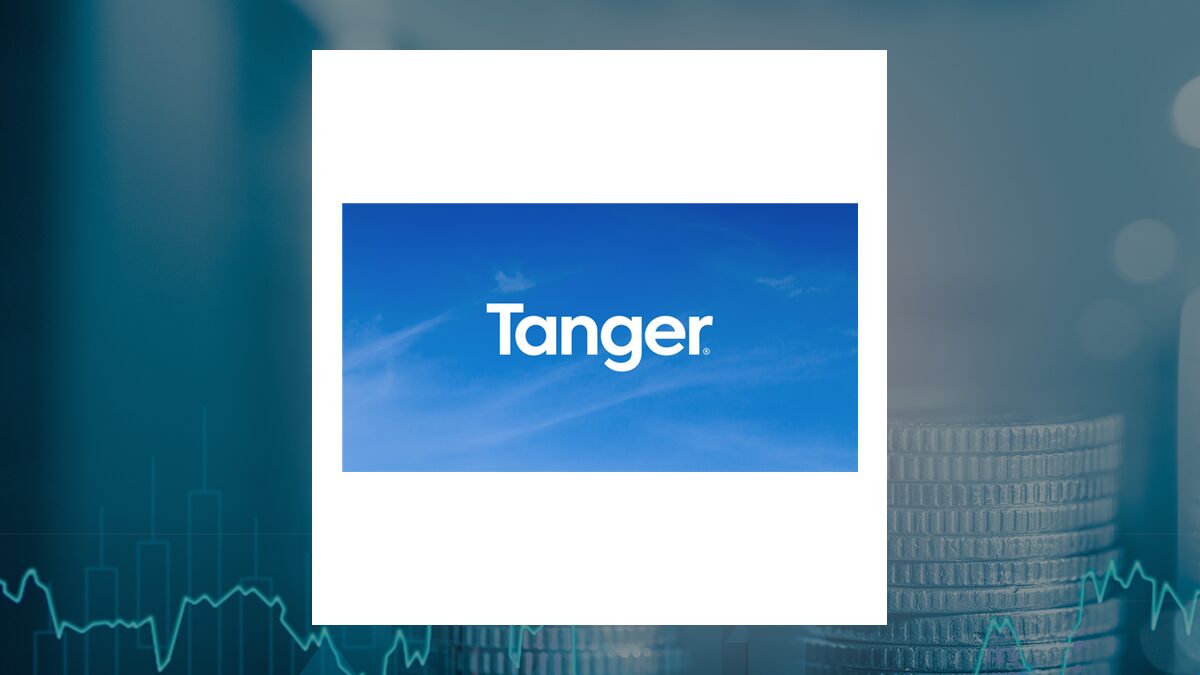South Korean companies are revising their business strategies for 2026, anticipating a sustained foreign exchange rate exceeding 1,400 won per US dollar. A survey conducted by The Korea Economic Daily from November 17 to 19, 2025, reveals that a significant 58.7% of currency experts expect the won to remain weak, prompting discussions about necessary reforms to stabilize the currency market.
The survey, which included responses from 100 treasury and foreign exchange specialists at major firms and financial institutions, highlighted a noteworthy outlook. Among those surveyed, 37.1% forecast an exchange rate between 1,400 won and 1,450 won, while 17.5% predicted a rate between 1,450 won and 1,500 won. A concerning 4.1% projected rates above 1,500 won, indicative of significant external financial stress.
On November 19, the won closed at 1,465.6 won per dollar, reflecting a 0.3 won decline from the previous day. Concurrently, the benchmark Kospi stock index fell by 0.6% to 3,929.51, while the Kosdaq index decreased by 0.8% to 871.32.
Weak Currency Becoming the New Normal
Many experts believe that the weak won is now entrenched in the South Korean economic landscape. Approximately 66% of survey participants indicated that the era of a declining currency is becoming permanent, largely driven by increased outbound investments from both individuals and institutions. This trend includes significant purchases of US stocks, which is reshaping the foreign exchange dynamics.
According to the Bank of Korea, the nation’s external financial assets reached a record $2.8 trillion by the end of September, with residents’ overseas securities investments surging to $1.2 trillion. This shift represents a notable increase of $89 billion since June.
Kim Jong-deok, Chief Financial Officer at Daehan Shipbuilding, commented, “Korea’s weakening growth potential has made the current dollar-won exchange rate a new normal.” He noted the absence of clear catalysts for a strengthening won, a sentiment echoed by Joo Tae-young, head of investment banking at KB Securities Co., who anticipates heightened corporate demand for dollars following recent trade and tariff negotiations between Korea and the US.
Changing Perspectives on Currency Impact
Traditionally, a weaker won was viewed as beneficial for exports. However, industry executives are now questioning this long-held belief. The Korea Economic Daily survey revealed that 61.8% of respondents regard an exchange rate above 1,400 won as detrimental to the South Korean economy, while only 6.2%Samyang Roundsquare, expressed concern over rising input costs affecting inflation and household spending. A treasury manager from a major conglomerate highlighted the uncertainty surrounding the won’s value, stating, “We’re in a situation where there is no clear floor for the won. That kind of uncertainty is unambiguously negative for the economy.”
As businesses grapple with these challenges, calls for policy changes are growing. Nearly 48.5% of survey respondents advocate for deregulation and increased labor-market flexibility to attract corporate investment back to South Korea. Last year, the nation’s overseas direct investment reached a record $34.57 billion, a trend that may intensify if the domestic investment climate does not improve.
The survey participants also emphasized the necessity of strengthening South Korea’s economic fundamentals, with 35.1%National Pension Service (NPS) to reduce overseas investments.
Analysts suggest that the survey results indicate a widespread acknowledgment that elevated currency volatility is a structural characteristic of the South Korean economy, rather than a temporary disruption. Companies are now compelled to integrate this reality into their strategic planning as they navigate this new economic landscape.







